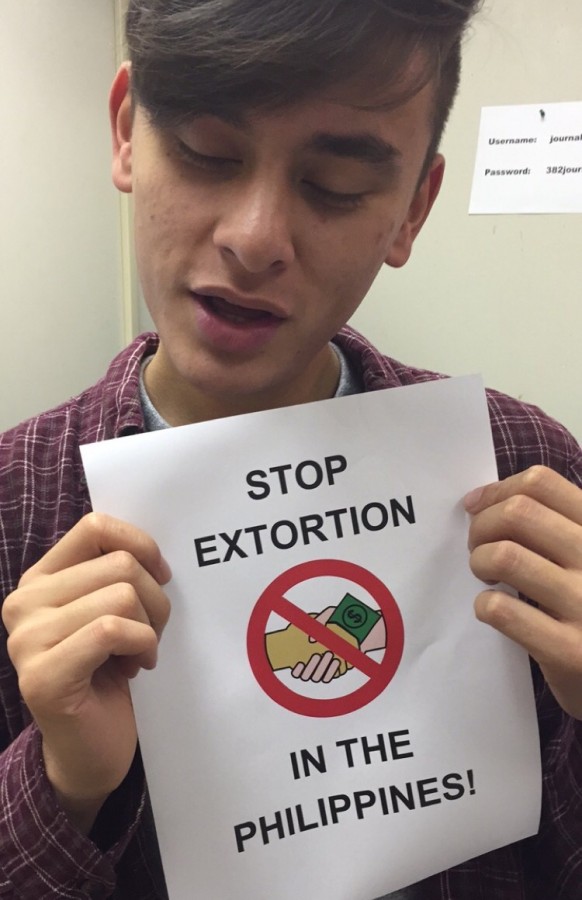Could the shadow of injustice, trafficking, and political maneuvering loom over a life, transforming an ordinary individual into a symbol of hope and resilience? The cases of Filipinas facing dire circumstances, both at home and abroad, highlight the vulnerabilities and triumphs within a complex web of global challenges.
The narratives emerging from the Philippines paint a vivid picture of struggle, perseverance, and the enduring human spirit. From the harrowing ordeal of Mary Jane Veloso, who narrowly escaped execution in Indonesia, to the tragic murder of a Filipina in Slovenia, the stories resonate with a profound sense of loss and the fight for justice. These events underscore the vulnerability of Filipinos, often driven by economic hardship, who become entangled in the clutches of exploitation and violence. The recurring themes of human trafficking, accusations of misconduct, and the pursuit of a better life paint a bleak picture of the challenges faced by many Filipinos, both at home and abroad. The role of the Commission on Filipinos Overseas (CFO) in condemning such acts highlights the ongoing efforts to protect and support Filipinos facing adversity.
The world watched with bated breath as Mary Jane Veloso's fate hung in the balance. Convicted and sentenced to death in Indonesia for drug trafficking, the single mother of two became a symbol of the fight against human trafficking. Her case sparked international outrage and galvanized anti-trafficking groups, turning her into a poster child for the cause. Despite the looming threat of execution, Veloso’s story became a powerful testament to the human spirit, showcasing the capacity to endure and the resilience to fight for survival.
Adding to the complexity, the news of a popular priest, embroiled in allegations of sexual misconduct, being granted a final mass before his departure to the Philippines further illuminates the interplay of personal choices and institutional responses. These accounts, though distinct, represent the multifaceted challenges that shape the lives of Filipinos worldwide.
The digital age has also brought its own set of challenges, as evidenced by the rise of sensationalized content. The emergence of platforms broadcasting “Pinay Scandal News” underscores the need for media literacy and critical evaluation in a world where information, and often misinformation, spreads rapidly. The presence of such content raises ethical concerns about the exploitation of individuals and the spread of harmful narratives.
The year 2025 brought forth a series of disturbing headlines that cast a harsh light on the challenges faced by Filipinos. Reports of a Filipina murdered in Slovenia at the hands of her husband served as a stark reminder of the dangers faced by Filipinos abroad, especially those seeking a better life through international migration. The Commission on Filipinos Overseas (CFO) quickly condemned the act and reiterated its commitment to supporting and protecting Filipinos in distress. The brutal reality of the situation stood in stark contrast to the hope and aspirations that often drive people to seek new opportunities abroad.
A compilation of data and facts relating to the people in the article:
The Philippines, in its entirety, serves as the backdrop for a complex interplay of social and ethical concerns, with a constant thread of resilience running through each account. The cases highlighted, from those facing legal perils to those entangled in scandal, reflect the multifaceted challenges that Filipinos face in an ever-changing world. From the courtroom to the digital realm, their stories serve as a reminder of the importance of justice, empathy, and informed public discourse.
The case of Mary Jane Veloso is a testament to both human vulnerability and indomitable spirit. The circumstances that led to her near execution in Indonesia are emblematic of the dangers faced by vulnerable individuals caught in the web of human trafficking. The fact that she was eventually spared from the firing squad and allowed to return to the Philippines, while still facing legal proceedings, is a partial victory that underscores the importance of international cooperation and public advocacy in protecting those in peril. Her story serves as a call to action, inspiring efforts to eradicate human trafficking and support those who have survived its horrors.
Simultaneously, the allegations of sexual misconduct against a prominent Filipino priest, which resulted in a final mass being granted prior to his return to the Philippines, brought attention to the role of religious institutions and the importance of accountability. The incident sparked a conversation about the need for transparency and the potential for abuses of power within religious settings. This issue highlights a separate aspect of the cultural landscape in the Philippines, where the influence of the church is pervasive and the ramifications of misconduct can be far-reaching. The priest's departure and the subsequent scrutiny cast a harsh light on issues of moral responsibility and institutional transparency.
The digital age has, likewise, introduced new complexities. The increase in “Pinay Scandal News” on platforms such as YouTube raises alarming concerns about the exploitation of women and the prevalence of sensationalism, along with the spread of misinformation. The dissemination of such content is often rooted in a thirst for clicks, views, and profit, and it further contributes to the objectification of women and the normalization of violence. Such forms of media reflect a broader set of societal issues that underscore the need for media literacy and awareness of harmful content.
These incidents are not isolated but are instead part of a broader pattern of events that reflect the socio-economic challenges of the Philippines and its diaspora. Filipinos are frequently compelled to seek better lives abroad, but these journeys are often fraught with risks. The murder of a Filipina in Slovenia and the ongoing threats to Filipinos overseas are reminders of the vulnerability of migrants and the need for effective protection. The CFO's condemnation of the murder is an important step, but more concrete action is required, including enhanced international cooperation, stronger law enforcement, and better protections for vulnerable individuals.
The news of 2025 paints a particularly disturbing picture of these issues. The murder of a Filipina by her Slovenian husband serves as a heartbreaking reminder of the dangers faced by Filipinos who choose to work and live abroad, looking for a better life. The CFO's prompt denouncement of the crime is indicative of the Philippines' commitment to safeguarding its citizens, though it underscores the need for more proactive steps to prevent such tragedies. The pursuit of justice for the victims and the raising of awareness are critical in deterring similar acts of violence.
In conclusion, the narratives surrounding the Philippines reveal a society marked by the struggles of its people, alongside the resilience needed to triumph over adversity. The stories of individuals such as Mary Jane Veloso and the incidents involving religious figures and online content provide a comprehensive look at the many challenges and issues facing Filipinos across the globe. From fighting human trafficking and seeking justice to addressing issues of online exploitation and misconduct, the Philippines and its diaspora are dealing with an array of issues that call for increased attention, empathy, and decisive action.



